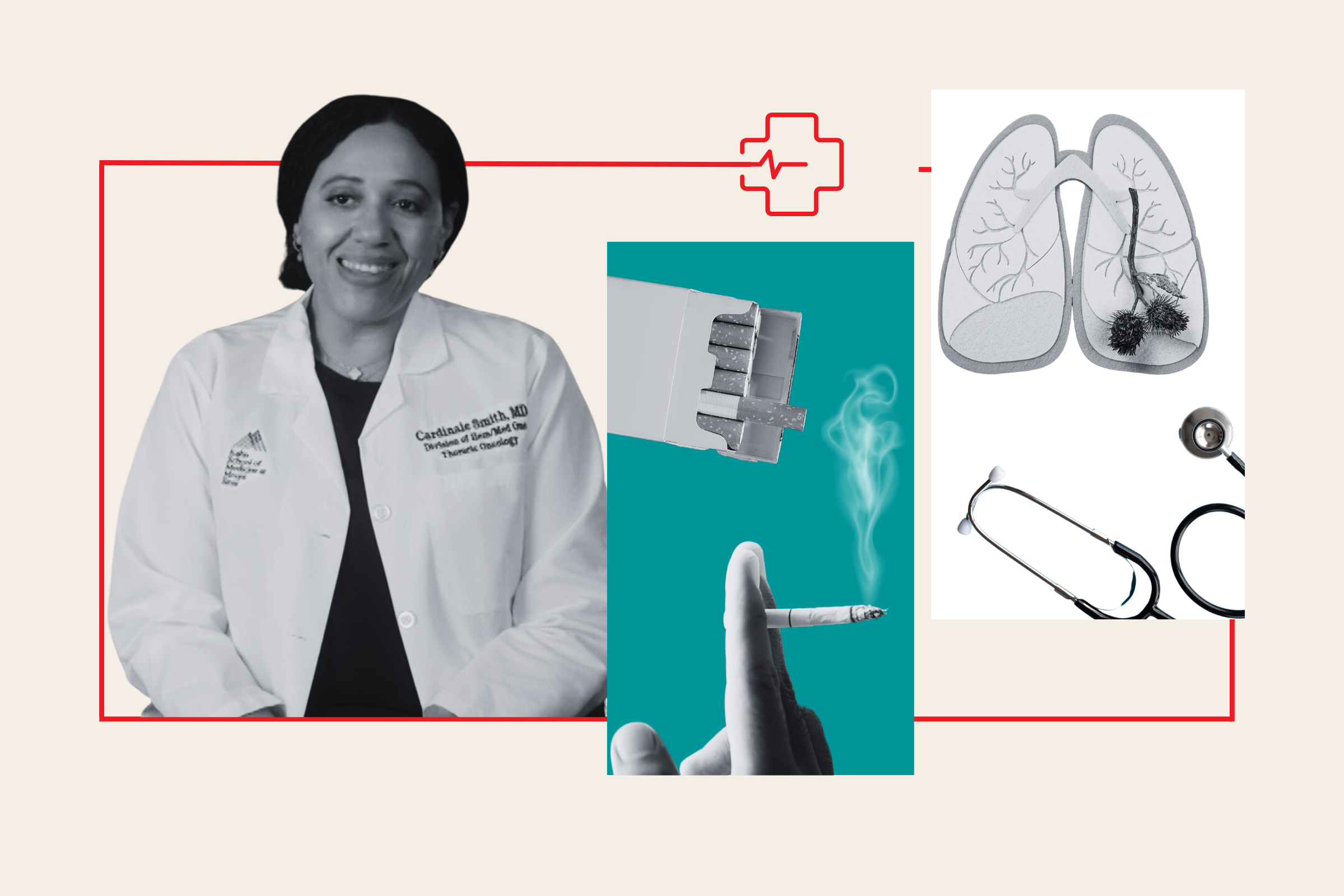Lung cancer is a major health concern, ranking as the most diagnosed and deadliest form of cancer in 2022, according to the International Agency for Research on Cancer.
Despite its prevalence, many still cling to misconceptions about the disease. Dr. Cardinale Smith, chief medical officer at the Tisch Cancer Institute in New York, sheds light on this topic.
It’s essential to understand the addiction behind smoking, which has been designed to be addictive. As Dr. Smith points out, many current patients grew up at a time when smoking was normalized, a reality that persisted until the U.S. surgeon general officially acknowledged the link between smoking and cancer in 1964.

Every year, over 200,000 individuals in the U.S. are diagnosed with lung cancer. Unfortunately, stigma can hinder many from seeking appropriate treatment. “It’s crucial to give yourself some grace if you’re diagnosed,” emphasizes Smith. “Understanding that it’s not your fault can help lift that stigma.”
While smoking is responsible for about 85% of lung cancer cases, the U.S. Preventive Services Task Force recommends annual screenings for individuals who: 1) currently smoke or quit in the last 15 years, 2) are aged between 50 and 80, and 3) have a smoking history of 20 pack-years or more.
To clarify, a “pack-year” means smoking an average of one pack a day for a year. For example, a 20 pack-year history could mean smoking one pack daily for 20 years or two packs daily for 10 years.
Dr. Smith states, “The best way to reduce your risk is to never start smoking, and if you do, quitting is crucial.” Healthy lifestyle choices like a balanced diet rich in fruits and vegetables and regular exercise—aiming for at least three 30-minute sessions per week—can also help.
Unlike some cancers, lung cancer isn’t hereditary. “Having a family member with lung cancer doesn’t mean you’ll get it,” Smith explains, although being aware of your family history is still beneficial.
Early warning signs like a persistent cough that worsens, coughing up blood or rust-colored mucus, and chest pain during deep breaths or laughter warrant a doctor’s visit, as these could indicate lung cancer.
Smith emphasizes that lung cancer is “very treatable,” and there are specialized professionals ready to help. “Connect with your support networks and seek out lung cancer care experts. A diagnosis does not have to be a death sentence,” she concludes.
